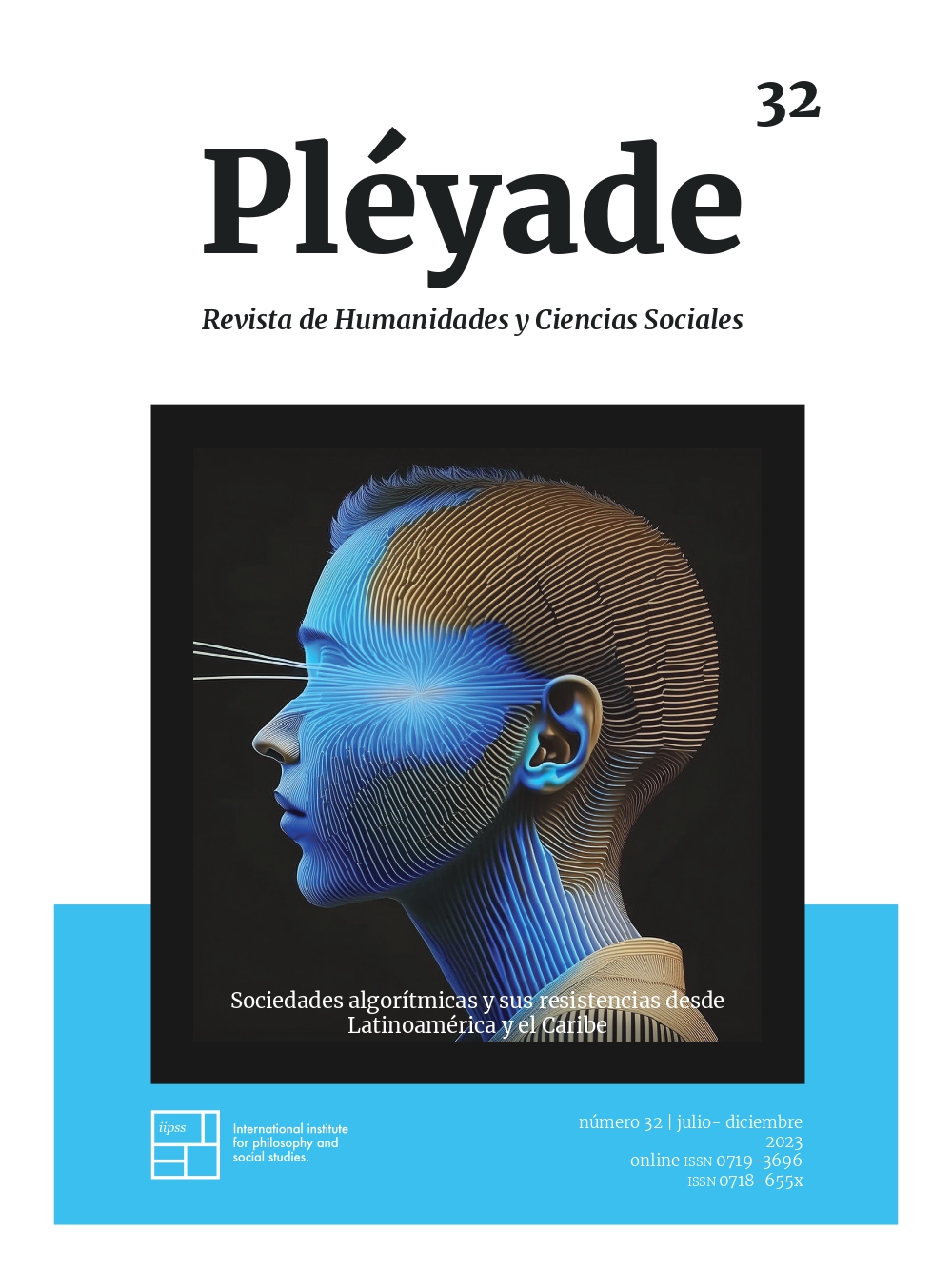Connectivity Infrastructures and Internet Governance: Digitalization, Codes, and Inequalities from the Global South

Published 2024-07-29
Keywords
- ethnographies of code,
- infrastructures of internet,
- global South
How to Cite

This work is licensed under a Creative Commons Attribution-NonCommercial 4.0 International License.
Abstract
The following interview was conducted by the three co-editors of this issue, aiming to delve deeper into Fernanda Rosa’s motivations that inspire her intellectual work and her vision regarding digitalization in Nuestramérica, and the implications this holds for the lives of its inhabitants. Fernanda Rosa’s work serves as a bridge between technical discussions on internet interconnection infrastructure and social justice, focusing on internet design and governance from a global South perspective. Employing a methodology she developed known as code ethnography, a transdisciplinary approach drawing from science and technology studies, feminist studies, and decolonial studies, her work describes the information circulation infrastructure on the internet with an emphasis on justice and public policies. It situates the reader within the indigenous and Latin American context to problematize inequalities in internet infrastructure access and digital data circulation in the global South.